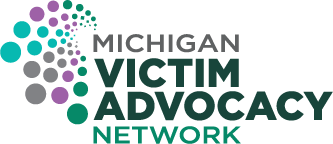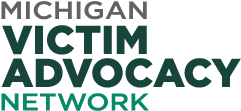Indigenous Women, Girls, 2Spirit: Grassroots Organizing, Healing, And Recess
“First in WCSAP’s 2021 Keynote Series, Theda New Breast from the Native Wellness Institute, gives her talk on Missing and Murdered Indigenous Women, Girls, and 2Spirit Awareness Day. She discusses grassroots organizing, healing work, and self-care “recess”.”











